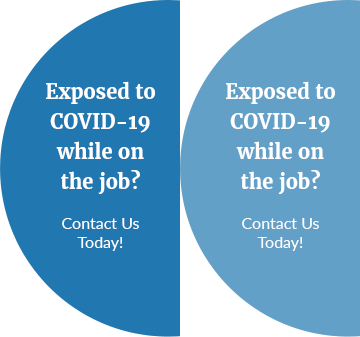The Connection Between Trucking Accidents and Sleep Apnea
Truck drivers are a common sight on Pittsburgh roads, filling an important role in the American economy. While the majority of commercial vehicle trips are uneventful and safe, accidents do happen. When a driver has certain health conditions, drives while fatigued, or drives while impaired, they are at serious risk of causing a collision. Sleep apnea is a condition that commonly afflicts truck drivers and ramps up the likelihood of a crash.
Keep reading and learn more about the connection between truck driving and sleep apnea. When you’re ready to discuss your truck accident case in greater detail, call Caroselli, Beachler & Coleman at 866-565-4949 to set up a consultation.
An Overview of Sleep Apnea
Sleep apnea is a sleep disorder that causes brief interruptions in your breathing while you sleep. If not breathing while you’re sleeping sounds frightening, it should—apneas, or times when you stop breathing, can last for minutes in some cases. Those who suffer from sleep apnea have these interruptions multiple times per night.
There are several types of sleep apnea, the first of which is obstructive sleep apnea. It’s the most common type and happens when your throat muscles relax too much and block the airway. The second type is central sleep apnea, and it’s caused by the brain failing to send the right signals to the muscles that control breathing. Mixed sleep apnea contains aspects of both obstructive and central sleep apnea.
Sleep apnea can have a profoundly negative impact on your quality of sleep and your overall health. Those with sleep apnea sleep poorly and often do not complete their sleep cycles, which results in daytime drowsiness and fatigue. Those who live with sleep apnea for a long time without seeking care may experience hypertension, strokes, and heart disease as a result of sleep apnea.
Sleep Apnea and Truck Drivers
There is a strong connection between truck drivers and sleep apnea. It’s serious enough that the FMCSA has done in-depth research and analysis of sleep apnea among truck drivers. When you look at the risk factors for sleep apnea, several of them may be relevant to truck drivers. Being overweight is a significant risk factor, as is being over the age of 40.
Truck drivers often have limited access to fresh, healthy food and may have limited time to exercise while on a long haul. Additionally, as the industry struggles to recruit newer and younger drivers, more and more drivers are over the age of 40. Smoking and alcohol use are also risk factors, and they are common stress relief solutions for truck drivers.
The side effects of sleep apnea can be incredibly dangerous for truck drivers. These side effects include:
- Daytime sleepiness
- Disturbed sleep
- Irritability
- Difficulty concentrating
- Poor memory
- Morning headaches
Drivers who have sleep apnea may struggle to focus on the road, not remember if they did certain safety checks or inspections, or become irritable when stuck in traffic. Microsleeps, or brief periods of sleep lasting just a few seconds, are also a major risk for truck drivers with sleep apnea.
Testing Required for Drivers
Commercial truck drivers do have to be medically qualified to drive. Sleep apnea is not automatically a disqualifying condition, especially if a driver seeks treatment and cures or reduces the severity of their sleep apnea. Per the FMCSA, people with moderate or severe sleep apnea cannot be medically cleared to drive a commercial vehicle. Those with mild sleep apnea are not automatically disqualified.
It’s important to note that many drivers are aware of the fact that a moderate to severe sleep apnea diagnosis disqualifies them from driving a commercial vehicle. This may lead them to hide the diagnosis in order to avoid the loss of their career. However, this omission can lead to preventable accidents and may affect liability in a truck accident case.
Choose Caroselli, Beachler & Coleman for Your Truck Accident Claim
If you or someone you love has been hurt in a truck accident in Pittsburgh, our team is here to help you fight for full and fair compensation. It all begins with a free consultation—just call us at 866-565-4949 or connect with us online.














